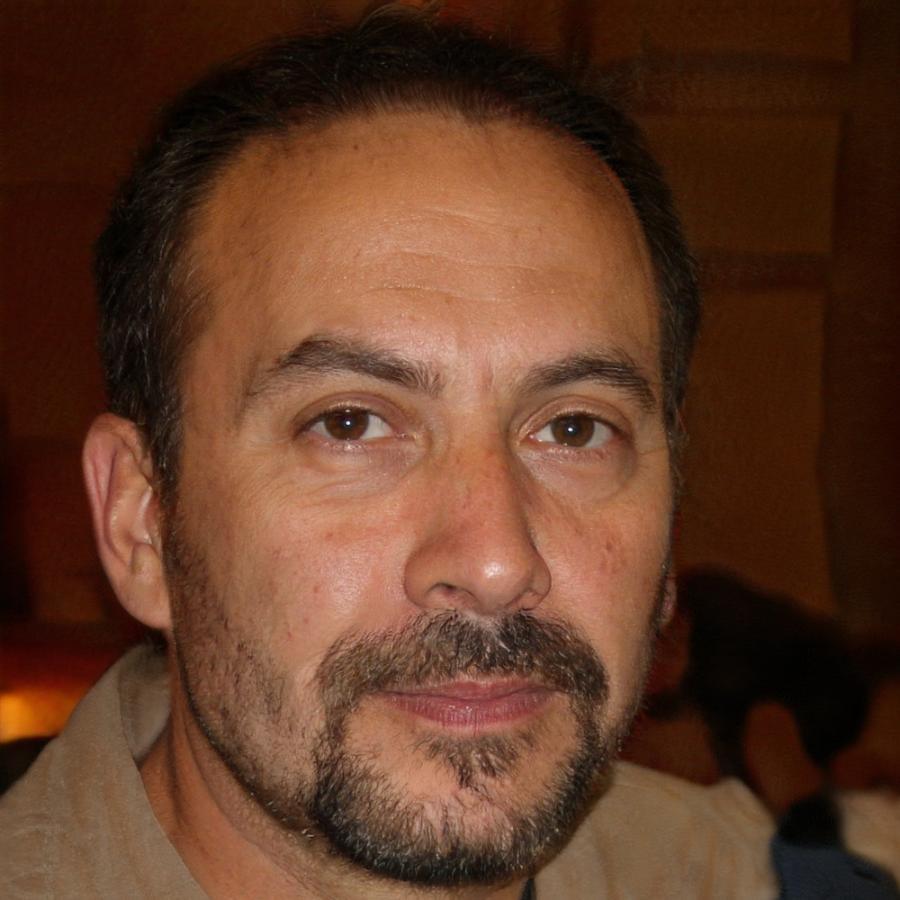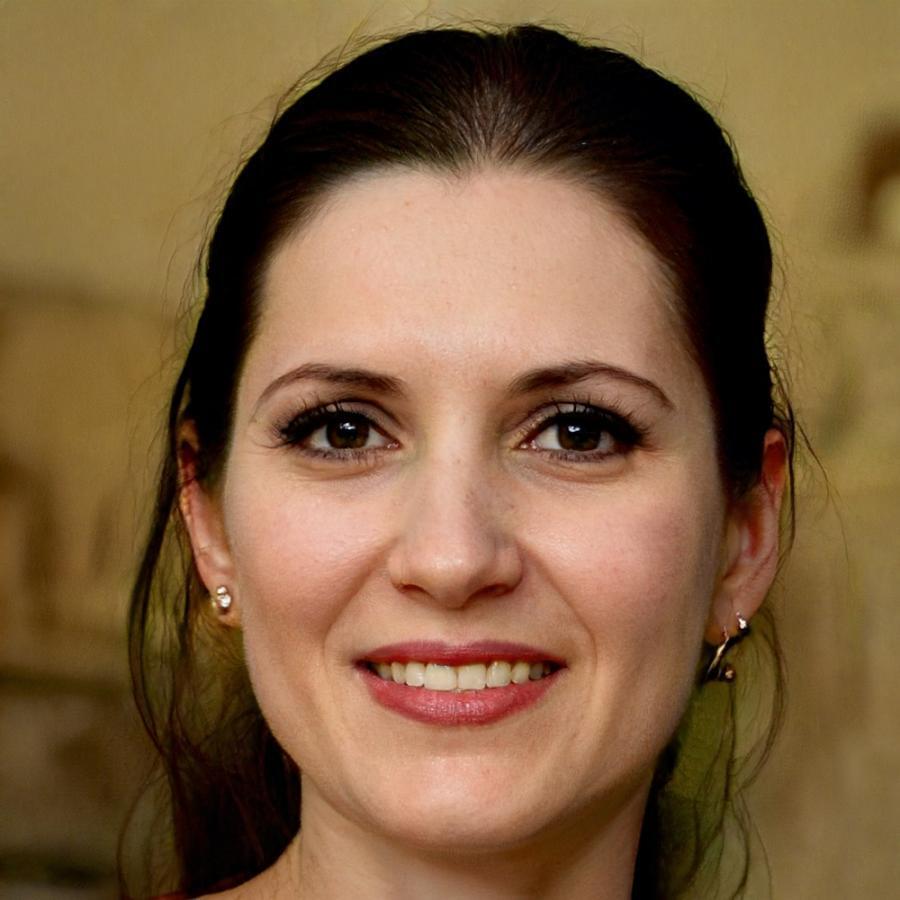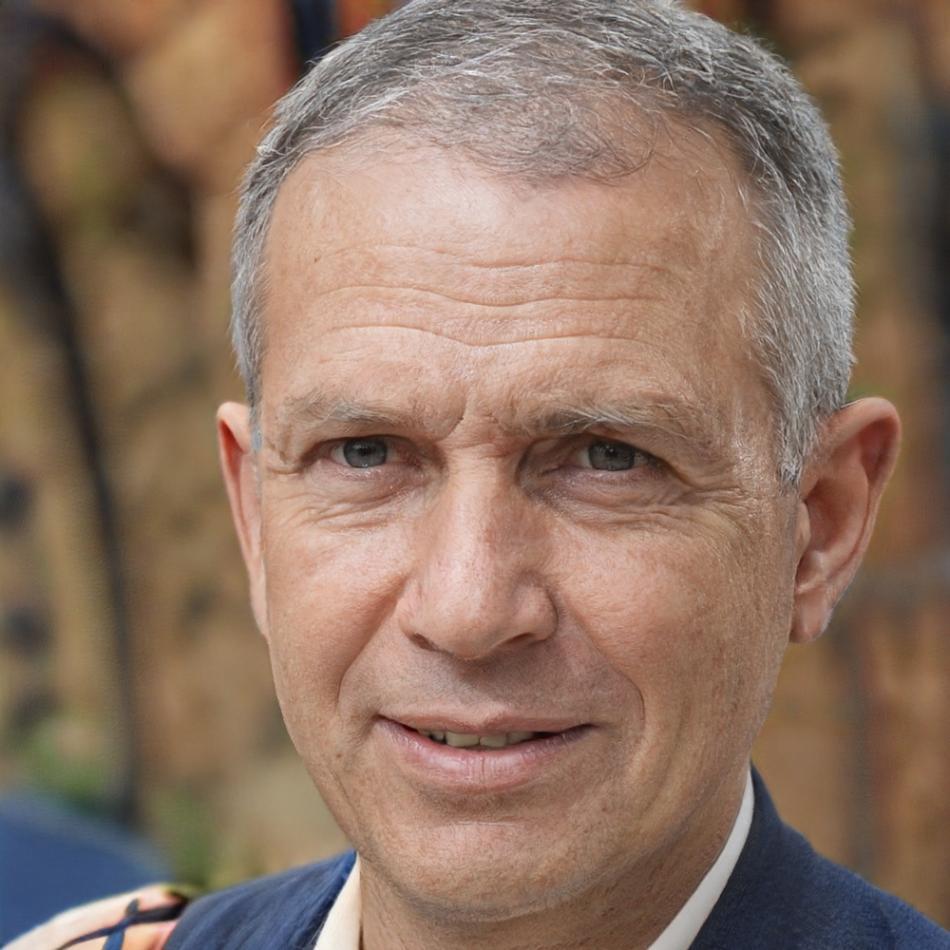Master Cash Flow Through Real-World Practice
Our twelve-month program takes you from foundational concepts to confident implementation. You'll work with actual business scenarios, not textbook examples.
How the Program Actually Works
We've spent years figuring out what helps people learn this stuff properly. Turns out, it's not about memorising formulas—it's about working through messy, real situations until patterns start making sense.

Foundation Building
First three months cover essential mechanics. We start with how money actually moves through businesses, then build up to forecasting. Most people find the rhythm by month two.
Applied Analysis
Months four through seven get into the interesting stuff. You'll analyse three different business models—retail, service-based, and seasonal operations. Each one teaches something the others don't.
Crisis Management
August through October focus on what happens when things go sideways. Late payments, unexpected expenses, seasonal dips. This is where theory meets actual business life.
Independent Project
Final two months you'll work on a comprehensive business analysis of your choosing. Past participants have examined everything from cafes to construction firms.

Regional Manufacturing Recovery Analysis
Last year, Thijs Vermeulen tackled a challenging final project: analysing how a mid-sized manufacturer in regional NSW recovered from a major supply chain disruption.
- Business Type Metal fabrication
- Challenge Period 18 months
- Data Points Analysed 450+ transactions
- Completion Time 7 weeks
The analysis identified three specific decision points where different cash management choices could have shortened recovery time. Thijs presented his findings to a panel that included two business advisors and an accountant—they spent forty minutes asking questions about his methodology.
Who You'll Learn From
Three practitioners who've spent years working with businesses on cash flow challenges. They bring different perspectives and don't always agree on approach—which makes sessions more interesting.

Kieran Bergstrom
Fifteen years advising SMEs across Queensland and NSW. Previously managed finances for a construction firm with twenty-three employees. Brings plenty of "here's what actually happened" stories.

Annika Toivonen
Background in forensic accounting before moving into education. Particularly good at helping people spot patterns in messy data. Runs the crisis management module with scenarios based on real cases.

Lachlan Pemberton
Works with early-stage businesses navigating their first growth phase. Focuses on practical forecasting methods that don't require expensive software. Guest lectures on seasonal business challenges.
September 2025 Intake Timeline
Applications open in three stages. We cap each cohort at eighteen participants to keep discussion groups manageable.
Information Sessions Begin
Monthly online sessions where past participants share experiences and current instructors answer questions. No pressure—just honest conversation about what the program involves.
Applications Open
Submit a brief outline of your background and what you're hoping to gain. We're looking for genuine interest and commitment rather than perfect credentials. Review takes two weeks.
Informal Interviews
Thirty-minute video conversations with Kieran or Annika. We're checking for fit—whether the program matches what you need, and whether you'll contribute well to group discussions.
Offers Extended
Successful applicants receive offers by mid-July. You'll have three weeks to confirm. We also provide a pre-program reading list to help everyone start from similar ground.
Program Begins
First session is Tuesday, September 2nd. We meet Tuesday evenings and Saturday mornings—hybrid format with in-person sessions in Sydney and Brisbane, online option for regional participants.